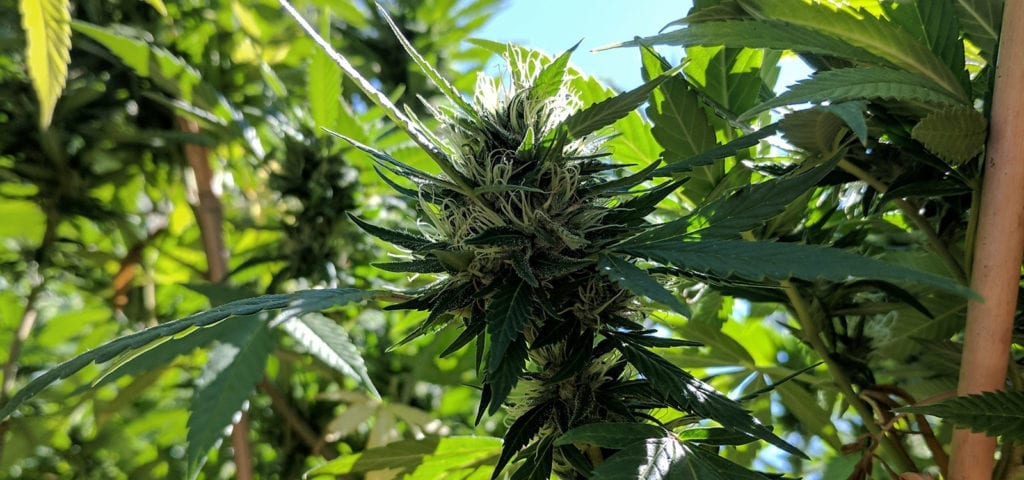Amid the fallout from Phylos Bioscience’s controversial decision to launch a breeding program, Robert C. Clarke has resigned from the company’s Scientific Advisory Board. In his public announcement posted by Cannabis Business Times, Clarke said he no longer shared the same research goals as the company at-large.
“My personal disappointment, which is shared by many whom I persuaded to submit samples, is that Phylos was unable to carry out the science it initially planned. Corporate interests ruled and their basic research was delayed.” — Clarke, in a resignation letter posted to Cannabis Business Times
Clarke points out that many engaged with the company “assumed that Phylos would follow its somewhat predictable economic path towards becoming a variety breeding company and nursery.” He notes that he, personally, didn’t supply the company with live seeds but many did, hoping to assist it “with commercial cultivar selections and eventual breeding projects.”
“Then, Phylos changed its public face and insulted the community whose trust it had garnered by suddenly providing duplicitous explanations of its varied intents,” Clarke wrote. “Most insulting was Phylos discounting the crowd-sourced science and personal initiative that produced our amazingly diverse Cannabis cultivars. Without the international culture of clandestine cannabis growers and breeders, Phylos and other Cannabis genomics companies would have little space to occupy today.”
In the post, Clarke praises Phylos for bridging “the divide between the cannabis community and rigorous science and made that science accessible and compelling to many” – but then, he said, Phylos “torched that bridge.”
Clarke also called “the behavior of some members of our cannabis community quite disappointing,” alleging that some members had little information and pointed “accusing fingers through the hazy smog of the Internet.”
“Most of those chased by the lynch mob of unfounded public opinion survived decades of prohibition, devoted much of their lives to pushing our knowledge of the Cannabis plant to new limits, and remain dedicated allies of our favorite plant to this day,” Clarke asserted in the post. “Taking them to task over problems created by Phylos is additionally disrespectful of our community.”
In a May blog post, Phylos CEO Mowgli Holmes defended the breeding program, saying that “advanced science can help cannabis reach its full potential as a plant that will transform medicine and agriculture and even society, and we knew that [the program] was the way we could bring that science to bear.”
Holmes also asserts that the company did not take data from customers under false pretenses and that the company has made their data public.
“These events have made us face squarely the tensions that are inherent in being a company at the intersection of cannabis and science and agriculture,” he wrote. “We should be translating between these worlds, and speaking in one voice all the time. We haven’t done a good job of that. This experience, which has been painful and humbling, has driven that point home.”
Editors note: A previous version of this article incorrectly stated that Phylos Biosciences’ new breeding program used genetics it had collected from clients.
Get daily cannabis business news updates. Subscribe
End
